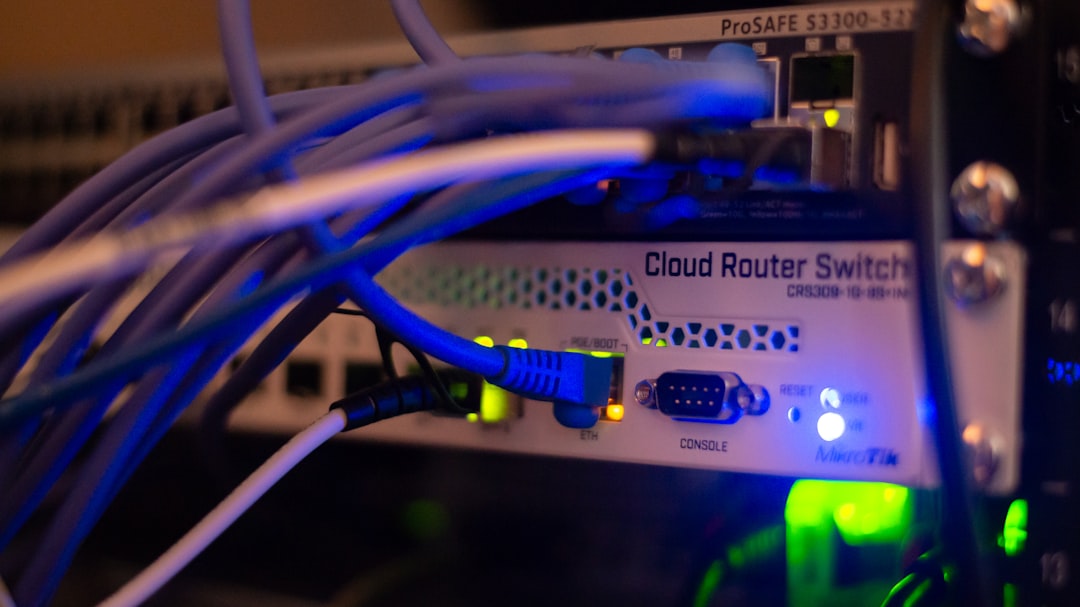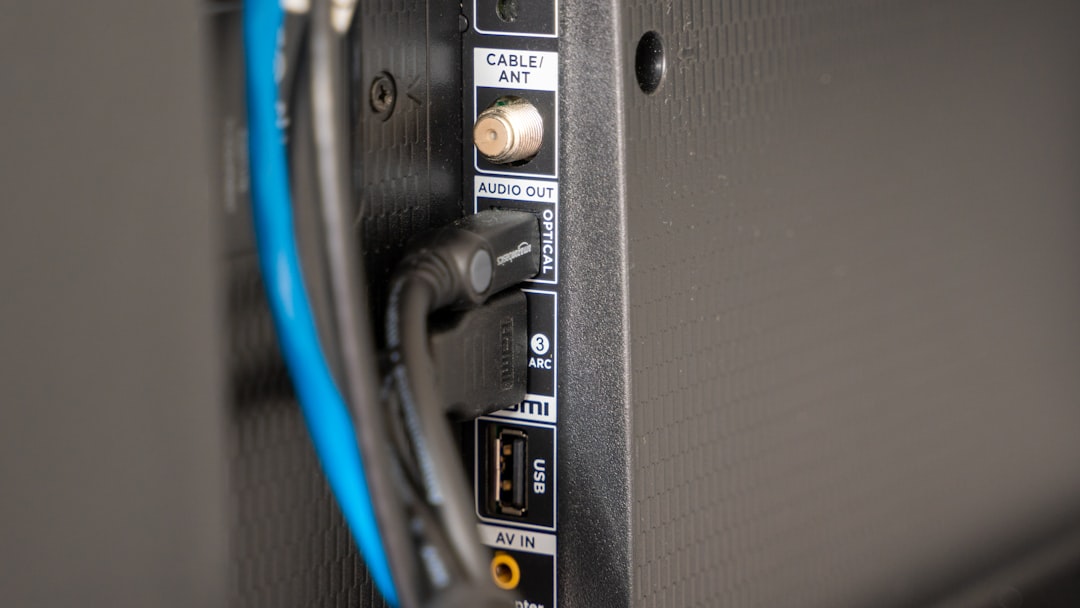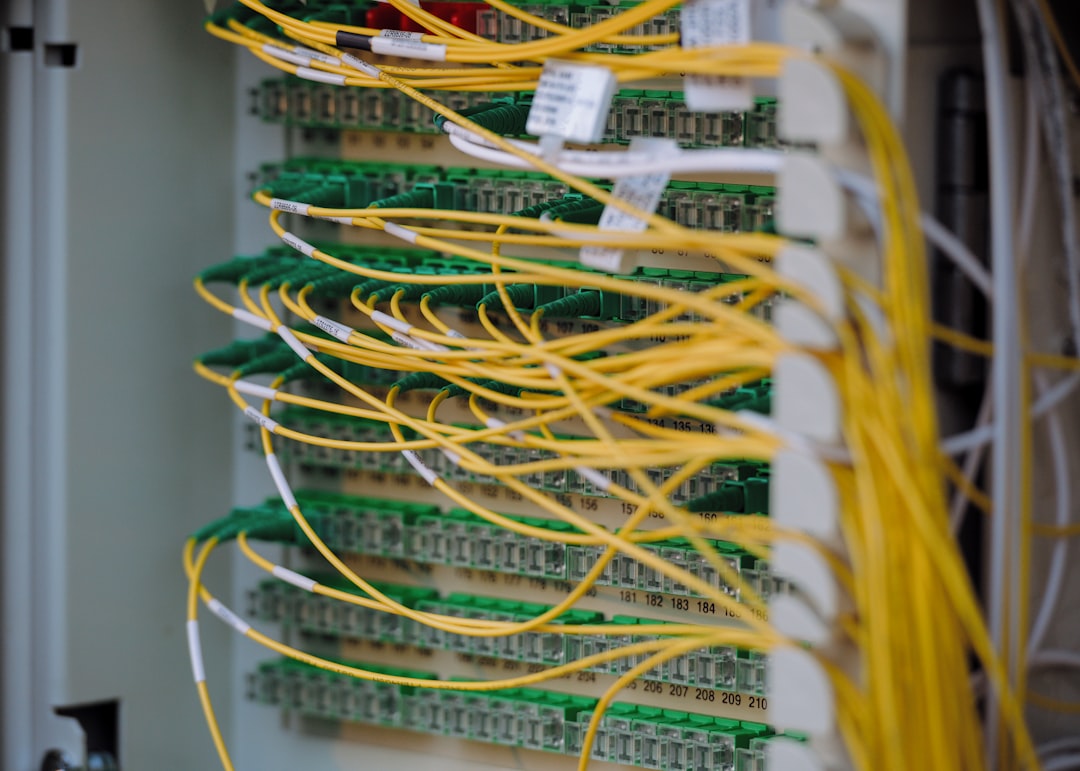In today’s hyperconnected world, having a reliable, high-performance internet connection isn’t just a luxury—it’s a necessity. For businesses that depend heavily on uninterrupted access to the internet for mission-critical operations, the choice between standard broadband and Dedicated Internet Access (DIA) can be a game-changing decision. But what exactly is DIA, and is it the right choice for your organization?
Dedicated Internet Access refers to a private connection between your business and your internet service provider. Unlike shared broadband connections where bandwidth is distributed among multiple users, DIA offers a guaranteed, symmetric connection—meaning you get the same bandwidth for both upload and download speeds. It’s designed for enterprises that need reliability, speed, and consistent performance—all the time.
Contents of Post
What Makes DIA Stand Out?
Before diving into the pros and cons, it’s important to understand what makes DIA unique:
- Symmetric Speed: Both upload and download speeds are equal, which is essential for businesses uploading large files, hosting websites, or utilizing cloud-based applications.
- Guaranteed Bandwidth: Your bandwidth won’t fluctuate during peak hours because no one else is using your line.
- Service Level Agreements (SLAs): DIA usually comes with SLAs that ensure uptime, latency, jitter, and packet loss thresholds.
Pros of Dedicated Internet Access
Investing in DIA can bring numerous advantages to the table. Below are some of the most significant benefits:
1. Consistent Performance
Unlike traditional broadband connections that may slow down during peak periods, DIA provides consistent, high-speed performance around the clock. This can be crucial for businesses that operate globally across different time zones or require 24/7 uptime.
2. Enhanced Reliability and Uptime
DIA connections come with robust SLAs that often guarantee uptimes of 99.9% or higher. This high level of reliability ensures that your business services remain online without costly interruptions.
Moreover, since you have a dedicated line, the risk of outages caused by others on the network is drastically lowered.

3. Superior Support and Monitoring
Dedicated Internet plans often come with priority technical support, meaning faster response and resolution times in case something goes wrong. Additionally, real-time monitoring tools provided by ISPs can help identify and fix issues before they impact operations.
4. Better Security
With a private line that’s not shared among users, DIA offers a more secure communication channel. Although it’s not a substitute for strong cybersecurity practices, it does lower the risk of potential breaches that could occur on a shared broadband connection.
5. Scalability
DIA solutions can grow along with your business. ISPs often provide options to easily upgrade your bandwidth without needing to overhaul existing systems. This is particularly useful for businesses planning for future growth or expecting seasonal surges in demand.
Cons of Dedicated Internet Access
While DIA presents an impressive feature set, it’s not without its drawbacks. Here are some potential disadvantages to consider before making the switch:
1. Higher Costs
DIA is significantly more expensive than shared broadband services. Installation costs, monthly fees, and potential infrastructure upgrades can add up quickly. For small businesses or startups with limited budgets, this can be a major hurdle.
Prices for DIA services vary depending on the location, bandwidth required, and the service provider. Yet, on average, businesses can expect to pay several hundred to several thousand dollars per month depending on the scope of the service.
2. Installation Time
Setting up a DIA connection is not as easy as plug-and-play. It often requires site surveys, custom routing, and potentially digging up parts of the property for laying fiber. This process can take anywhere from a few weeks to a few months depending on the complexity of installation.

3. Overkill for Some Businesses
Not every business needs the level of performance that DIA offers. For example, small offices using basic cloud applications and occasional video conferencing may not benefit enough to justify the cost. In such cases, a business-class broadband plan might be more appropriate and economical.
4. Limited Availability
DIA is commonly available in urban and metropolitan areas, but in rural or remote locations, the infrastructure required for dedicated access may not be present. This can limit options or introduce significant additional costs for expanding infrastructure.
When Does DIA Make Sense?
Clearly, DIA is a significant investment, so it’s crucial to evaluate whether your business truly needs it. Consider DIA if:
- You rely heavily on VoIP, video conferencing, or any latency-sensitive applications.
- Your company performs large data transfers regularly.
- You host web services, databases, or cloud-based products that must remain accessible at all times.
- Your operations require higher security standards for data transmission.
Conversely, if your business operations are relatively basic—email, web browsing, small-scale file sharing—premium broadband options may serve you just as well, at a fraction of the cost.
Comparing DIA to Standard Broadband
| Feature | Dedicated Internet Access | Standard Broadband |
|---|---|---|
| Speed | Symmetrical (equal upload/download) | Asymmetrical (higher download, lower upload) |
| Reliability | High (with SLAs) | Moderate to Low |
| Security | Higher due to private lines | Lower due to shared access |
| Scalability | Highly scalable | Limited |
| Cost | High | Lower |
| Support | Priority Service | Standard Service |
Final Thoughts
Choosing an internet connection for your business is more than just picking the fastest option—it’s about striking the right balance between performance, reliability, and cost.
Dedicated Internet Access is tailored for organizations where network performance is mission critical and where downtime simply isn’t an option. With its guaranteed speeds, superior SLAs, and robust support, DIA can significantly enhance business operations—but only if your business truly requires that level of service.
For companies that need maximum uptime, large-scale cloud usage, or operate in data-sensitive industries (like finance, healthcare, or tech), the investment can pay off handsomely. However, for others, shared broadband or business-class internet may be more than sufficient, offering a balance of performance and affordability.
Ultimately, evaluating your organization’s specific needs and future growth plans will help determine whether Dedicated Internet Access is the smart choice for you or merely an over-engineered solution.

